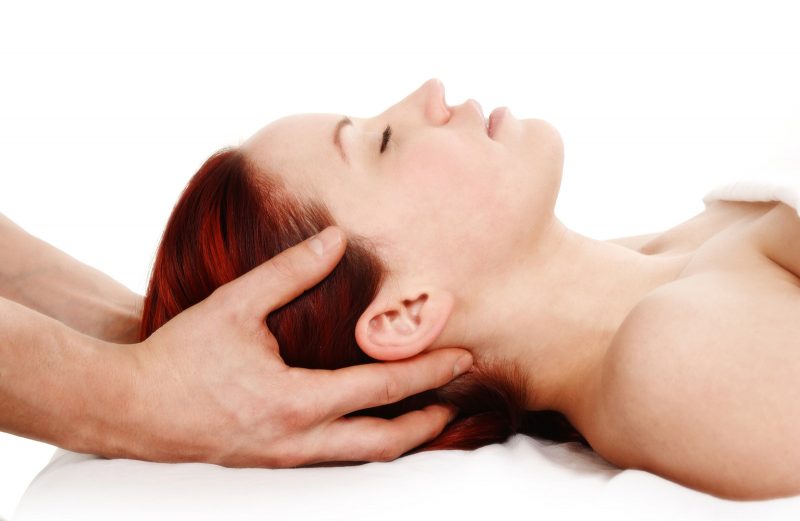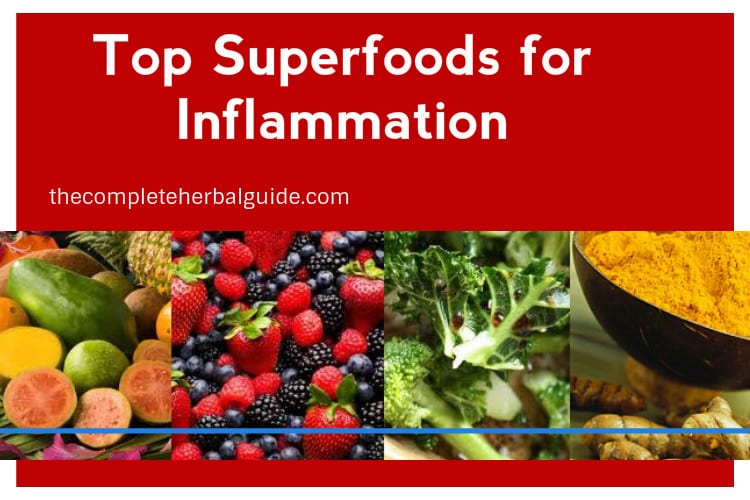
A Natural Remedy for Respiratory Problems and Inflammation of The Mucous Membranes
When bothered with the pain and inflammation of asthma, laryngitis, bronchitis, sore throat or dry, hacking cough, try Malva Leaf to help rid the lungs and respiratory tract of excess fluid and mucus, while at the same time, it helps to soothe irritation and inflammation of the mucous membranes.
Table of Contents
Plant Description
History
Medical Uses
Malva Leaf, like all mallows, is a demulcent, and its particular excellence involves soothing irritated tissue and relieving various forms of inflammation. The leaves contain high amounts of mucilage, made up of complex carbohydrates, which give the herb most of its soothing activity, though flavonoids and anthocyanidins may also contribute. It is effective in countering irritation and inflammation of the mucous membranes, and because it contains polysaccharides that form a protective layer on the stomach lining, it is said to lower stomach acids and is useful in relieving gastrointestinal disorders, such as gastric catarrh, enteritis, indigestion, ulcers and colitis.
As an expectorant, Malva Leaf is said to help loosen and expel phlegm and congestion from the lungs. It aids the body in expelling excess fluid and mucus, and because of its soothing, demulcent qualities, it not only removes phlegm, it also acts to soothe and relieve inflammation of the larynx and tonsils, dry coughs, sore throat, hoarseness, lung catarrh, bronchitis, asthma, emphysema and irritation of respiratory passages. The German Commission E has approved Malva Leaf preparations for the relief of sore throats and dry coughs.
Malva Leaf is considered a mild laxative when used in larger doses.
Early research in test tube studies shows one carbohydrate in mallows has been shown to inhibit a component of the immune system known as the complement cascade. Excessive activation of the complement cascade has been implicated in chronic inflammation and autoimmune disorders, suggesting that further research into Mallow Leaf in these areas is warranted.
Malva Leaf is said to have diuretic properties that increase the flow of urine. It has been used to soothe the urinary tract and relieve cystitis and bladder infection.
Used externally, Malva Leaf is an emollient and demulcent that softens tissue and soothes damaged or inflamed surfaces, including dry hands, sunburn, and diaper rash. In addition to its emollient qualities, it is also mildly astringent, and when included in poultices, it is helpful for sores, psoriasis, weeping eczema, boils, abscesses, insect bites, and wounds.






